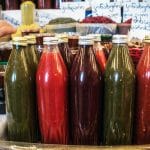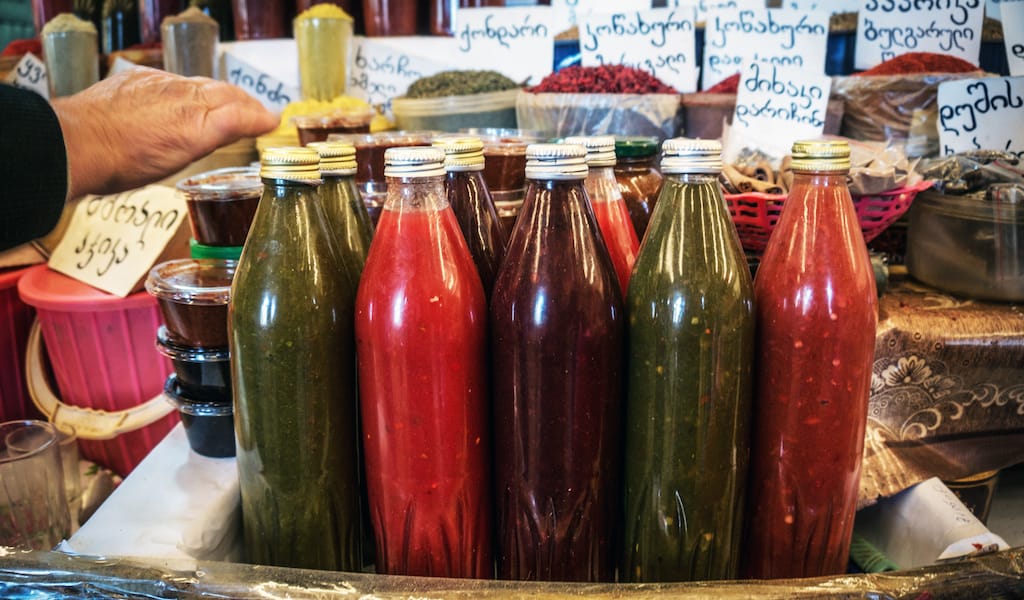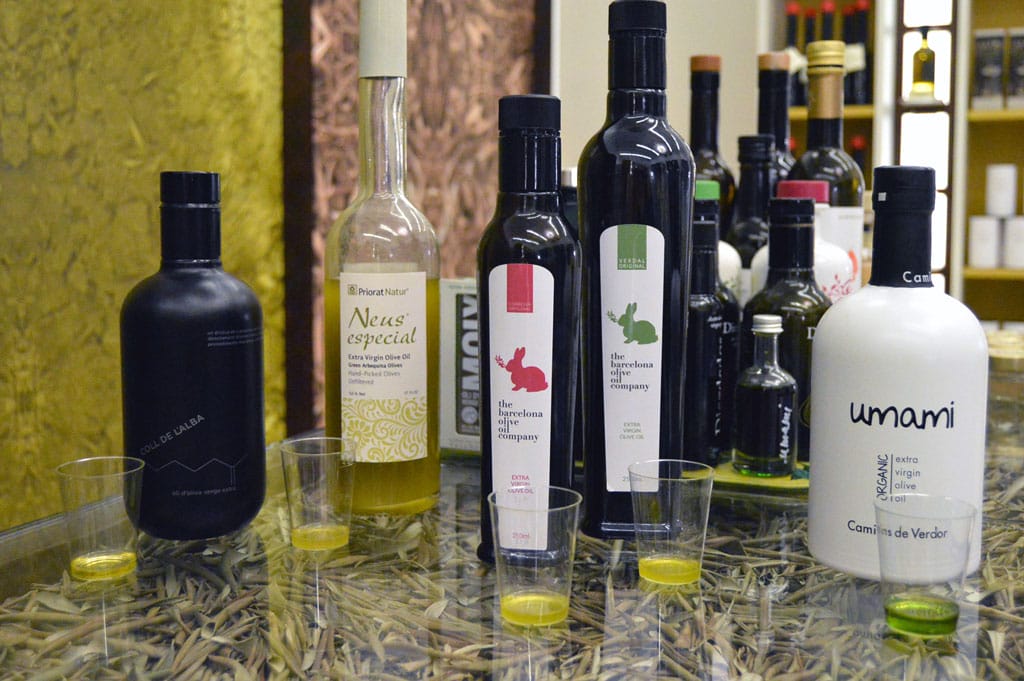Nestled in a small cove that hides it from the nearby center of Sarıyer, not far from where the Bosphorus meets the Black Sea, Rumeli Kavağı is officially part of Istanbul yet has managed to keep the structure, atmosphere and relative isolation of a real village. The only apparent sign of the surrounding megalopolis is the sight of the massive Yavuz Selim Sultan Köprüsü, the third bridge to span the Bosphorus, opened in 2016.
Over a quarter of the neighborhood’s almost 4,000 inhabitants are involved in the fishing business, an integral industry in a city that partly owes its worldwide fame to a long-standing meyhane culture. Dining on grilled fresh fish and sipping on a glass of cloudy rakı, particularly while watching the lights of the city dance on the Bosphorus, is one of Istanbul’s purest pleasures. But we’ve long wondered – especially more recently as concerns mount over the ecological effects of the proposed Istanbul Kanal project – just how local that fish is. Since the fishermen in Rumeli Kavağı are now mostly landbound, busy preparing their boats ahead of the reopening of the season on September 1, we thought it was a good time to learn a little more about the dynamics of Istanbul’s fishing sector.
When we arrive for our visit, we’re met by Irfan Bey, the communications manager of the local cooperative of fishery workers. Eager to tell us the story of this place, he orders some crunchy, perfectly fried mussels from the café by the dock. “Ninety percent of the mussels consumed in Turkey, especially after being stuffed and sold as midye dolma, come from here,” he explains as we walk, mussels in hand, to the huts we had glimpsed from the ferry. The mussel-openers – often migrants – work tirelessly to deliver a steady stream of the mollusks. “They earn according to what they sell,” says Irfan, “so most of the time the whole family is doing this job.” Among the huts sits a rundown but picturesque restaurant called Virane Palas; run by an old man and his son, it looks rough enough to pique our interest and we vow to try it the next time we’re in the neighborhood.

Along the road between the harbor and the square, we spy big fish fillets hung outside a shop to dry. Called Rumeli Kavağı Lakerda Balık Şarküteri, this is where Ahmet Bey works his magic, transforming fish into his own version of lakerda. “I’ve been abroad a lot thanks to fishing… Italy, Greece, Bulgaria, and even Northern Europe,” says Ahmet, who in fact can speak bits of just about any language. “I got into the art of drying and smoking fish while I was in Finland and I learned the methods they use there. Once I came back I decided to apply them to our fish, adding my personal touch. With big fish, like bonitos, I let them dry in the open air after curing them with salt and sugar water. I also marinate little fish, like anchovies, in a brine of vinegar and salt after drying them.”
Halit Bey, a friend of Ahmet, peeks in to show us his sketches of how Rumeli Kavağı used to be, based on recollections, old photos and stories passed down from elderly residents. The “good old days” are remembered fondly, particularly given the difficulties smaller fishermen face today.
“Ours is the last generation of fishermen in the village; the work is too hard and it doesn’t pay off.”
“It’s a hard and tiring job, but fishing has always been a work of passion and dedication,” says Halit. “The selling part, however, has been left to middlemen since Byzantine times. This widened the gap between fishermen and consumers, and produced unbalanced profits [for the middlemen], mostly at the expense of the fishermen. Things got even worse more recently, when fishing became more focused on profits and exploitation than on a passion for the sea.”
When asked about the environmental and economic challenges currently facing the fishing sector in Turkey, a disappointed look crosses Halit’s face. He’s got a lot to say on the subject: “The business has been slowly ‘conquered’ by industrial farming, stealing a big part of the market from individual fishermen and offering consumers a product that is not as good as the wild one. Moreover, the ecosystem is so ruined that a lot of different species are slowly disappearing, and the sea bed is covered with garbage, so fish cannot survive.”
 In fact, overfishing (and the policies that support it) has led to a large decline in the area’s fish stock: according to Sarıyer municipality’s 2017 report on fishing in Istanbul, in the past ten years the number of grey mullets that have been caught fell from 10,560 tons to 1,721 tons, and only 642 tons of cod were caught last year, compared to 4,100 tons in 2007. It’s evident listening to these men that they long for the days when fishing was a natural result on living on the water. When it was about surviving on what nature had to offer, without overexploiting it.
In fact, overfishing (and the policies that support it) has led to a large decline in the area’s fish stock: according to Sarıyer municipality’s 2017 report on fishing in Istanbul, in the past ten years the number of grey mullets that have been caught fell from 10,560 tons to 1,721 tons, and only 642 tons of cod were caught last year, compared to 4,100 tons in 2007. It’s evident listening to these men that they long for the days when fishing was a natural result on living on the water. When it was about surviving on what nature had to offer, without overexploiting it.
Before we leave, Ahmet insists that we try some of his cured fish. He cuts small slices with such an easy and effortless movement, a choreography perfected by years of practice. We are awestruck when we taste the intense sweet-and-sour and slightly smoky flavor that such a small bite unleashes in our mouth.
At that moment we could easily eat all the delicacies in Ahmet’s store, but instead we continue exploring. On the other side of the village we pass by Balıkçı Kahraman, considered to be the neighborhood’s best fish restaurant. “The owner refused big expansion offers made by Turkish tycoons because he preferred to stay in his little place and to have only one branch here in Rumeli Kavağı,” says Irfan, who is still walking with us.
Since the restaurant is closed for Ramadan, we choose to eat at Içkisiz Balıkçı Anne, its name proclaiming the place to be completely alcohol-free, something the owners are proud of. We can’t really blame them: the atmosphere is so homey, cozy and familiar that it feels like a relaxed dining room, a place where there’s no need to drink in order to kick back.
The food is also strikingly good, and everything is made with local ingredients. A Thracian family opened this sweet little eatery three years ago with a very precise concept in mind. “Men are in charge of the service, while the anne [mom] and her two helpers are cooking real stuff in the kitchen, stuff they’d cook at home for their kids,” says the man who works with his wife behind the counter. “Our fish soup is addictive,” he continues, “but we also have classic comfort food like kelle paça [sheep’s head soup] and homemade mezes.”

While the soup is tasty, our favorites are the flavorsome, rich salça, a paste made with fresh tomatoes, and the extraordinary pickled wild parsley that, besides cleaning your mouth after the hearty soup, would be a perfect accompaniment to fatty fish come wintertime.
After this delicious lunch break we have a stroll among the fishing boats parked at the dock before hopping on the boat of three brothers, now busy mending their huge colorful nets. Happy to finally see the starting point of this production chain, we quickly learn that these men in their 50s don’t see it continuing for much longer. “Ours is the last generation of fishermen in the village; the work is too hard and it doesn’t pay off. Most of us are indebted,” says the elder brother. “Big companies and no adequate policies by administrators are reducing our chances of survival.”
On top of that, many illegal boats continue to fish during the period of reproduction, threatening the fauna that pass through the strait, which is already facing dire environmental conditions. Mert, the president of the fishery workers’ cooperative, tells us that even though the fishing sector plays such an important role in Turkey’s culture and its economy, there’s no dedicated ministry to deal with all these complex and delicate issues.
Despite the strong commitment of Rumeli Kavağı’s fishermen to preserving their fish-related heritage, hopes aren’t high for the local fishing business. While they might be right, we’ll still do what we can to support the sector by shopping wisely, choosing seasonal fish and respecting the waters they live in.
 April 12, 2021 Building Blocks
April 12, 2021 Building Blocks
In the early 18th century, before there was the Spinning Jenny, the Cotton Gin and the […] Posted in Naples April 7, 2021 Sping (Food) Break 2021
April 7, 2021 Sping (Food) Break 2021
There is a day in February when we raise our noses to the sky like dogs and catch the […] Posted in Tbilisi October 19, 2020 Building Blocks
October 19, 2020 Building Blocks
Spain, Italy, Greece, Turkey, Portugal, Morocco, Tunisia – one thing that unites this […] Posted in Barcelona
Lorenza MussiniAlex Indra and Dimitri Bettoni and Lorenza Mussini
Published on June 21, 2018
Related stories
April 12, 2021
Naples | By Kristin Melia
NaplesIn the early 18th century, before there was the Spinning Jenny, the Cotton Gin and the steam engine, a new machine was making waves in Gragnano, the grain capital of the Kingdom of Two Sicilies. It was the torchio, the pasta extruder. And it would radically and permanently change the diet of Italy. Just beyond…
April 7, 2021
TbilisiThere is a day in February when we raise our noses to the sky like dogs and catch the first teasing wisps of spring. Our eyes widen, we nod and chime with giddy grins, “It’s coming.” Then the weather turns with a cold snap or even snow and we forget all about spring until one…
October 19, 2020
BarcelonaSpain, Italy, Greece, Turkey, Portugal, Morocco, Tunisia – one thing that unites this swathe of the Mediterranean is olive oil, whose use in the Fertile Crescent can be traced back to 6000 B.C.E. Olives arrived in the southern part of the Iberian Peninsula around 9th century B.C.E. with the Phoenicians. Ancient Rome saw huge quantities…



















































































